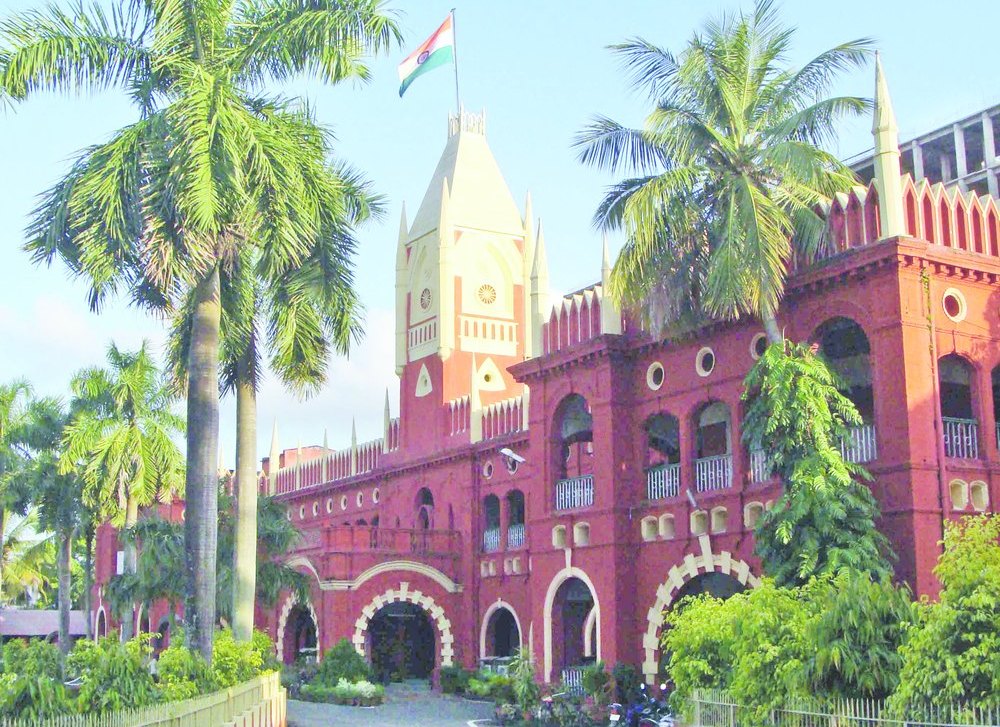Bhubaneswar: Odisha has been grappling with a huge judicial backlog. A staggering 26,679 cases in the high court are being dragged for over 10 years, according to the National Judicial Data Grid (NJDG) Tuesday, putting an enormous emotional, financial, and psychological burden on the litigants.
According to the NJDG, Orissa High Court has a whopping 1,43,483 pending cases – 1,05,764 civil and 37,719 criminal ones. While 34,697 (24.18 per cent) cases have been pending in the state’s apex court for nearly one year, as many as 25,668 (17.89 per cent) cases have been pending for somewhere between one and three years.
As many as 16,755 (11.68 per cent) cases have been pending for three to five years and 33,998 (23.69 per cent) for five to 10 years.
Similarly, 26,679 (18.59 per cent) of cases have been pending for 10 to 20 years, 5,241 (3.65 per cent) cases for 20 to 30 years and 445 (0.31 per cent) for more than 30 years. About the nature of cases, 24,265 (22.94 per cent) civil and 10,432 (27.66 per cent) criminal cases have been pending for nearly one year.
As many as 21,464 (20.29 per cent) civil and 4,204 (11.15 per cent) criminal cases have been pending for one to three years, while 14,477 (13.69 per cent) civil and 2,278 (6.04 per cent) criminal cases have been pending for three to five years. While 27,059 (25.58 per cent) civil and 6,939 (18.4 per cent) criminal cases have been pending for five to 10 years, 15,067 (14.25 per cent) civil and 11,612 (30.79 per cent) criminal cases have been pending for 10 to 20 years.
As many as 3,067 (3.65 per cent) civil and 2,174 (3.65 per cent) criminal cases have been pending in the HC for 20 to 30 years, while there are 365 (0.35 per cent) civil and 80 (0.21 per cent) criminal cases pending for over 30 years. The HC, at present, has 21 judges, including the Chief Justice, against the sanctioned strength of 33. The strength of the HC was increased to 33 from 27 February 2, 2022 as 49,817 Odisha Administrative Tribunal cases were transferred to the state’s top court following abolition of the tribunal.
